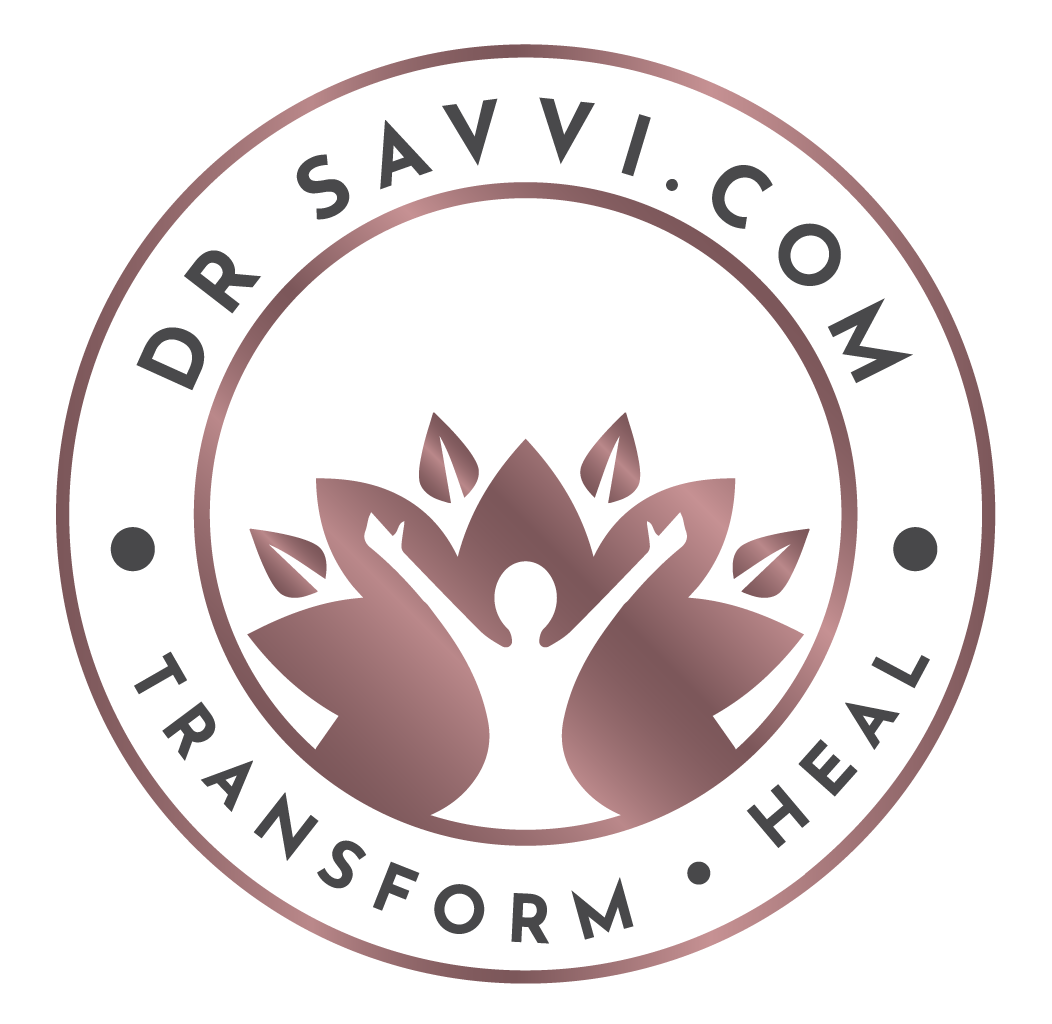Relationships and past trauma
- savvykr2007

- Jun 14, 2022
- 4 min read
Emotional abandonment in childhood is often the root cause of a number of things as listed: 1. Anxiety 2. Codependency & people pleasing 3. Feeling unsafe and insecure 4. Over attaching early in relationships 5. Afraid of people getting too close to you & walls to protect yourself from being hurt.
6. Attracting emotionally unavailable partners & partners who aren't capable of loving you. 7. Oscillating between clingy and pulling away.
8.Feeling less than not good enough, not worthy, or unlovable.

Remember, emotional abandonment or neglect in childhood often sits at the root of many of our dysfunctional patterns in adulthood.
Something that I'd like to make super clear is that this blog is not intended to blame anyone or absolve ourselves of the responsibility of healing our traumas.
This is about understanding the ‘why’ and taking the necessary steps to heal.
Also, in most *but not all cases* if parents could have done better, they would have.

When we have an emotional abandonment trauma, it is the catalyst for many other beliefs and patterns that form such as those listed above.
We internalise a parent's emotional unavailability or neglect as being because of us. We believe they don't connect with us because we are not good enough or worthy, or that there's something inherently wrong with us.This is a subconscious or unconscious pattern that begins to develop without us being aware of it.
When a child is mistreated by a caregiver - what is observed is that the child will not hate the caregiver.. the child begins to hate themselves.This is crucial to understand.
The truth is, in most cases our parents were parenting through their own unhealed traumas, and unconsciously repeating their own childhood experiences.
Many of our parents were possibly in survival mode themselves and too distracted with their own issues to meet our emotional needs, thus resulting in emotional abandonment trauma, and many of those listed above.
These traumas and patterns can be dissolved at the origins which enable you to be free from them for good. And this literally changes every aspect of our lives.

One of the most humorous part of being human is we all think we are so different.
Ego loves to be alone on an island.
In reality, we are all much more alike and similar than we think. At our core, everyone wants the same thing - to be loved for who we actually are, to be seen, to be heard, to have the freedom to be on our own journey without someone trying to control us.
Most of us have to re-learn what love is.
We've had conditional, transactional love that only comes when we are good or when we achieve or when we do something someone wants us to do.

Stable grown up love is a safe space to grow, evolve, and to return back to the truth of who we are. Grown up love comes when we wake up …when we face ourselves.. when we heal from our past to create a new future. Some of the insights clients have received .. I'm sharing this below. These may be some of the components of a successful partnership (in my humble opinion)
•My partner is my equal ~ co-creating life with me. Not someone to parent, fix or control. •We take responsibility for our own triggers and learn new healthier ways to deal with our emotions. •We do not expect each other to read each other's minds. If we want something we can directly ask for that need to be met. •We realise relationships can be incredibly triggering and take a lot of work.Therefore, we intentionally create moments to laugh, play and be silly. •Being willing to have difficult, honest conversations rather than fawning or people pleasing because we are aware this is how resentment is created. •Knowing that life together isn't always a fairy tale, and never was supposed to be. Life is difficult, traumatic and devastating at times. So we can work to be a container of loving support ... as life does its thing. •To give each other the gift many of us didn't get in childhood - the freedom to be our authentic self.. freedom to simply be. •To (at times) push each other to be the best versions of ourselves even if that means saying things the other person doesn't want to hear. To hold ourselves accountable. •To choose to forgive ourselves and each other regularly. Ain’t that a nice, little something to work with? In reality, such positive changes happen spontaneously in relationships once the specific trauma is addressed. I provide one to one Inner Child Healing work for anyone who is so aligned to seek it. This is the best and the most enjoyable part of the work I do daily .. it is what I give.
Freedom. If you have any thoughts or queries about this, please don't hesitate to get in touch with me.
With Love & gratitude,
Savvi




Comments